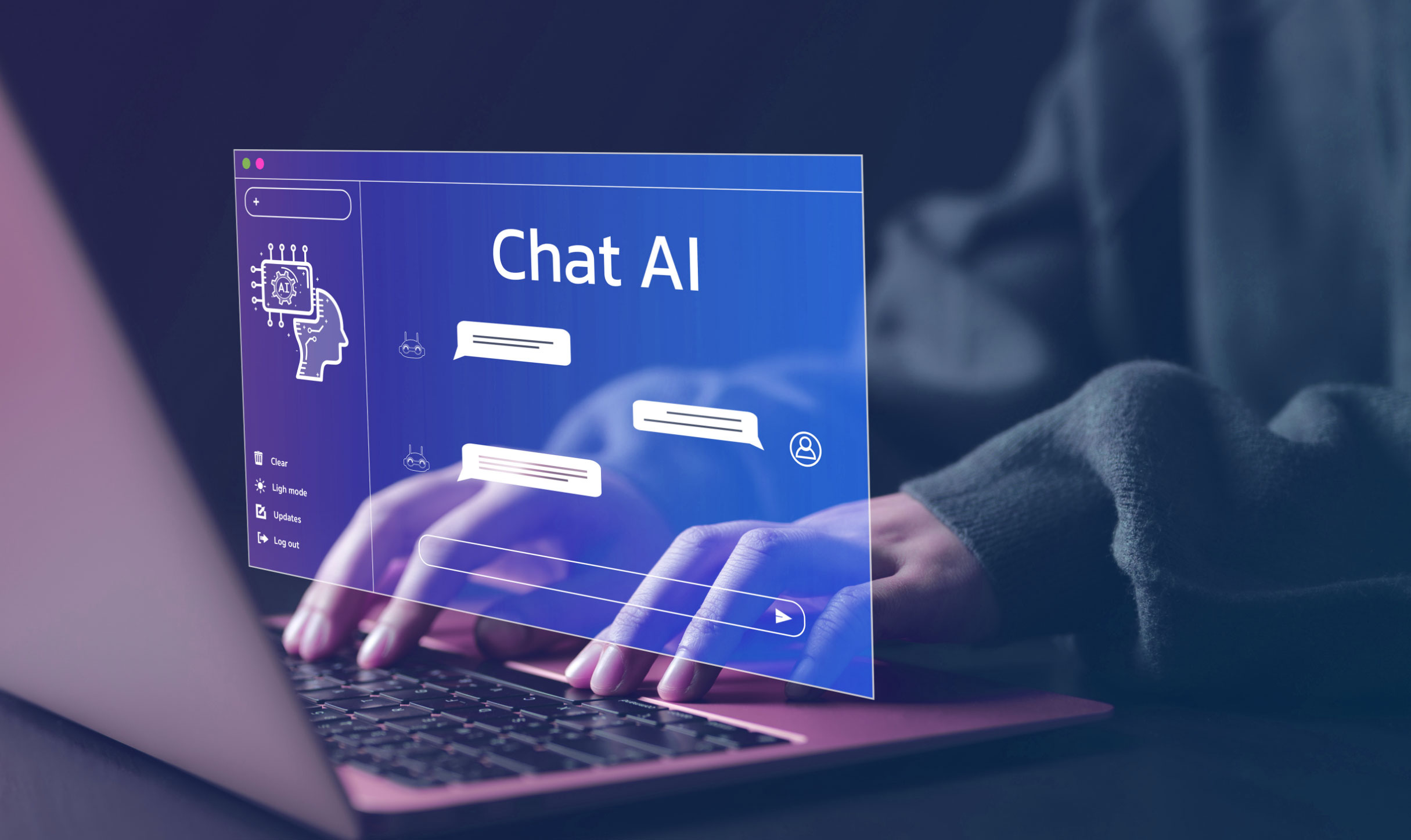The evolution of chatbot technology
READ OTHER ARTICLE

How Mendix boosted business for companies: 3 real case studies
These real-life case studies show how fast, scalable apps can transform operations across industries. Discover what makes Mendix a game-changer and why more businesses are turning to low-code.

Low-code

Low-code with Mendix
ur team was present at several key events across Europe in recent weeks — to learn, exchange ideas, and strengthen our position as the go-to partner for low-code development in Poland.

Low-code

3Qcode at No/Low-Code events in 2025 (Part One)
ur team was present at several key events across Europe in recent weeks — to learn, exchange ideas, and strengthen our position as the go-to partner for low-code development in Poland.

News

Gartner TOP 10 strategic technology trends for 2025
Gartner’s leading technology trends for 2025 serve as a guiding compass to help your organization navigate the road ahead with confidence and resilience.

TOP 10

What is Webflow? Features and cost analysis
Webflow is a no-code website-building platform designed to empower individuals and businesses to create professional websites without delving into traditional coding.

No-codeAI
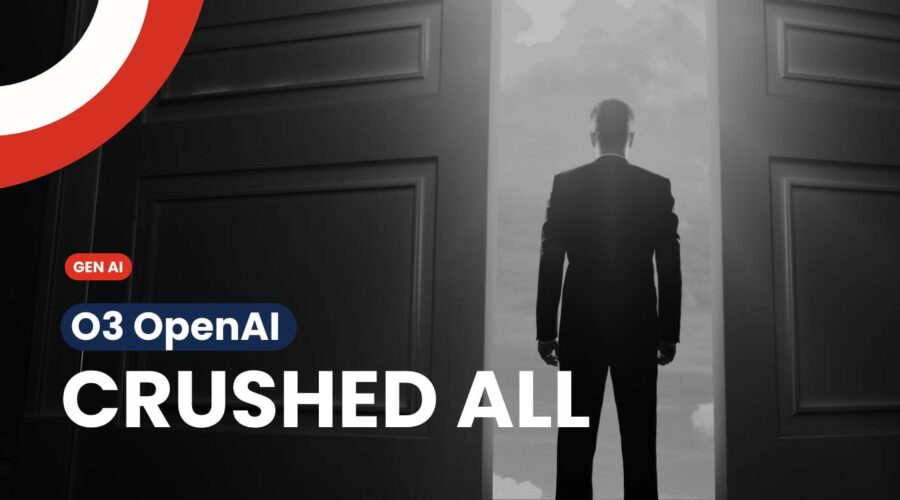
O3 model redefines AI capabilities
OpenAI’s latest model, codenamed O3, has achieved results surpassing human performance in a benchmark test, setting a new standard for AI capabilities.

AI

OpenAI’s “12 Days of OpenAI” campaign
“12 Days of OpenAI” campaign is a series of daily product releases and updates that showcase groundbreaking advancements in AI, designed to inspire and empower users around the world.

IT stories

How we work remotely at 3Qcode
From day one, our core philosophy has been about creating a dynamic structure that supports 100% remote work. For us, it’s not about where you are but about your skills and commitment.

IT stories

3Qcode as a speaker at No Code Days 2024
Jacek Zawadzki, the CEO of 3Qcode, was a featured speaker at No Code Day 2024. He shared insights on leveraging no-code platforms to drive innovation and streamline digital transformation.

EventsNews
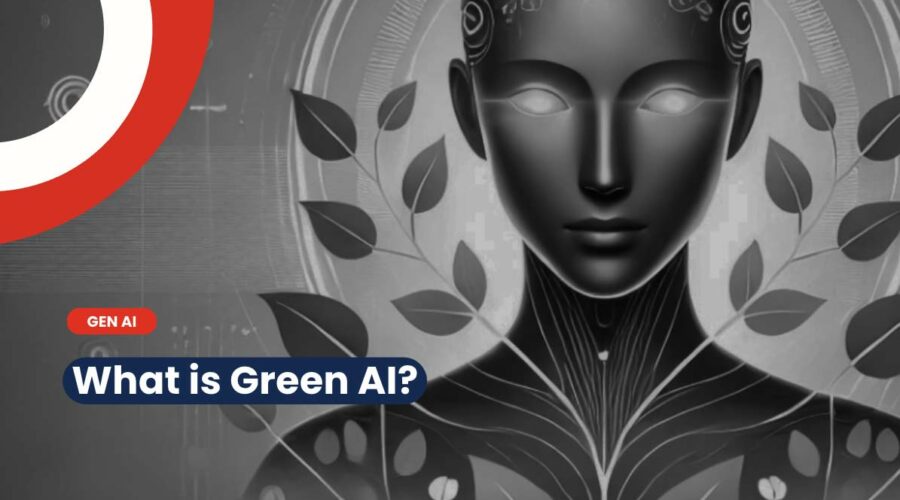
Green AI: the new trend in development
Enter Green AI, a rapidly growing movement dedicated to minimizing the environmental impact and carbon footprint of AI systems while promoting sustainable innovation.

AI

Act One by Runway unlocked for everyone!
Act-One creates engaging animations from video recordings and voice input, transforming them into dynamic, visually captivating, and impactful content.

NewsAI
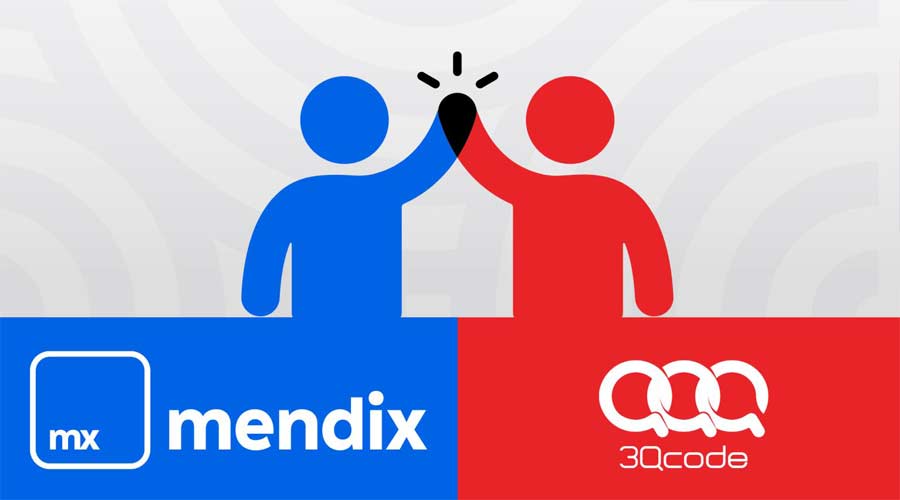
3Qcode officially becomes a Mendix partner in Poland
We’re excited to announce that 3Qcode has officially joined the Mendix partner network in Poland, enabling us to support businesses in accelerating their digital transformation journey.

Low-codeNews
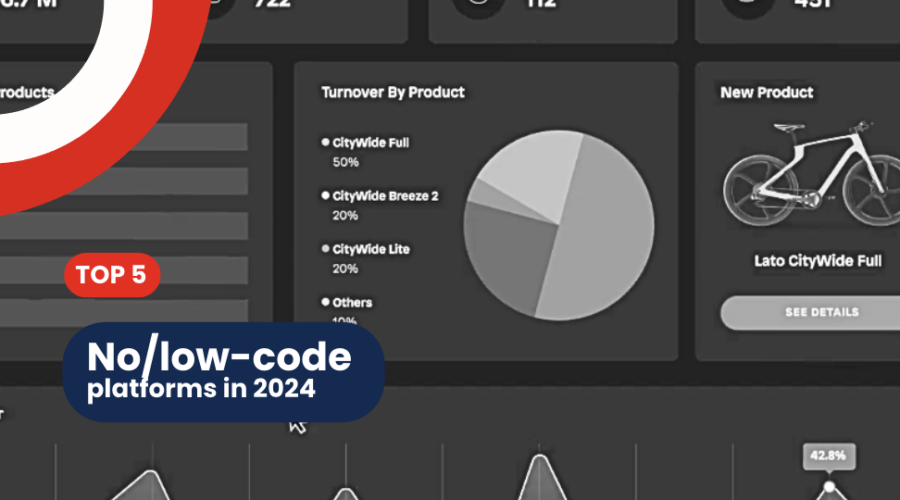
Top 5 no-code/low-code platforms in 2024
These platforms empower even non-technical users to create business solutions, using no-code and low-code technologies for quick development without deep programming skills.

No-codeTOP 10

IT Studies: a necessary ticket to a career or just a formality?
I will focus on my personal observations and experiences to answer the question: Is a degree in IT truly necessary, or just one of many tools on the road to success?

IT stories

Bielik – AI made in Poland
This is a Polish language model from the LLM (Large Language Models) category, with a potential of 11 billion parameters! To “train” Bielik, two of the fastest supercomputers in Poland.

AI

10 examples where AI proved to be a game-changer
Check out specific examples where AI has truly been a game-changer, transforming industries ranging from archaeology to agriculture, with unprecedented efficiency.

TOP 10AI

No-code: benefits and drawbacks
No-code platforms have surged in popularity in recent years, offering businesses and individuals a powerful way to build applications without needing traditional coding skills.

No-code
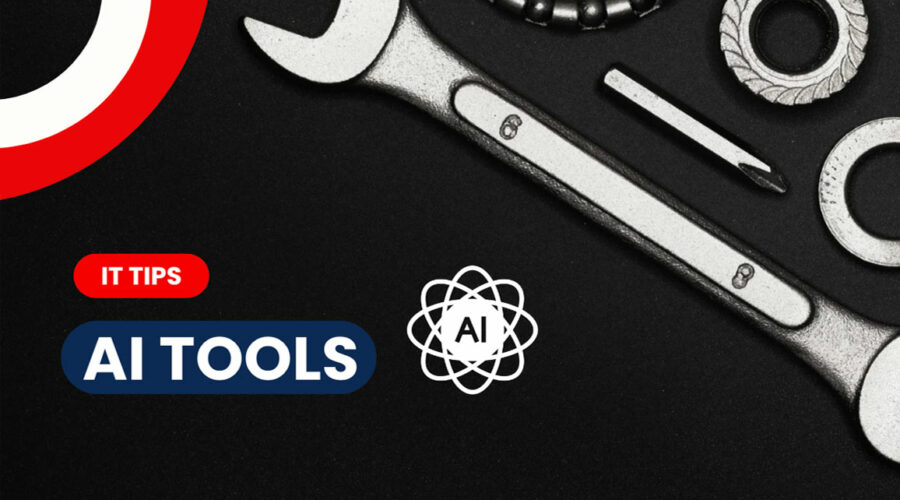
10 best AI marketing tools in 2024
Discover the 10 top AI marketing tools major brands use to accelerate growth, enhance customer engagement, and stay ahead of the intense competition.

TOP 10AI

No-Code in Logistics at MTTSL 2024
The fifth edition of the International Transport, Forwarding, and Logistics Trade Fair (MTTSL) was held in April, featuring a diverse assembly of industry experts from around the globe.

Events
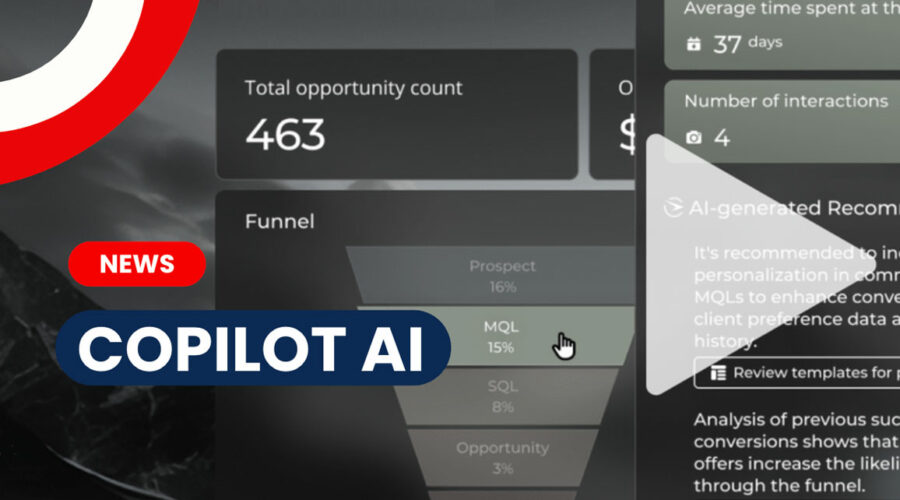
Copilot by Creatio – synergy of GenAI and No-Code
Creatio introduced Creatio Copilot, combining AI and no-code technology to set a new standard in digital transformation, showcasing their commitment to advancing workflow automation.

AI
